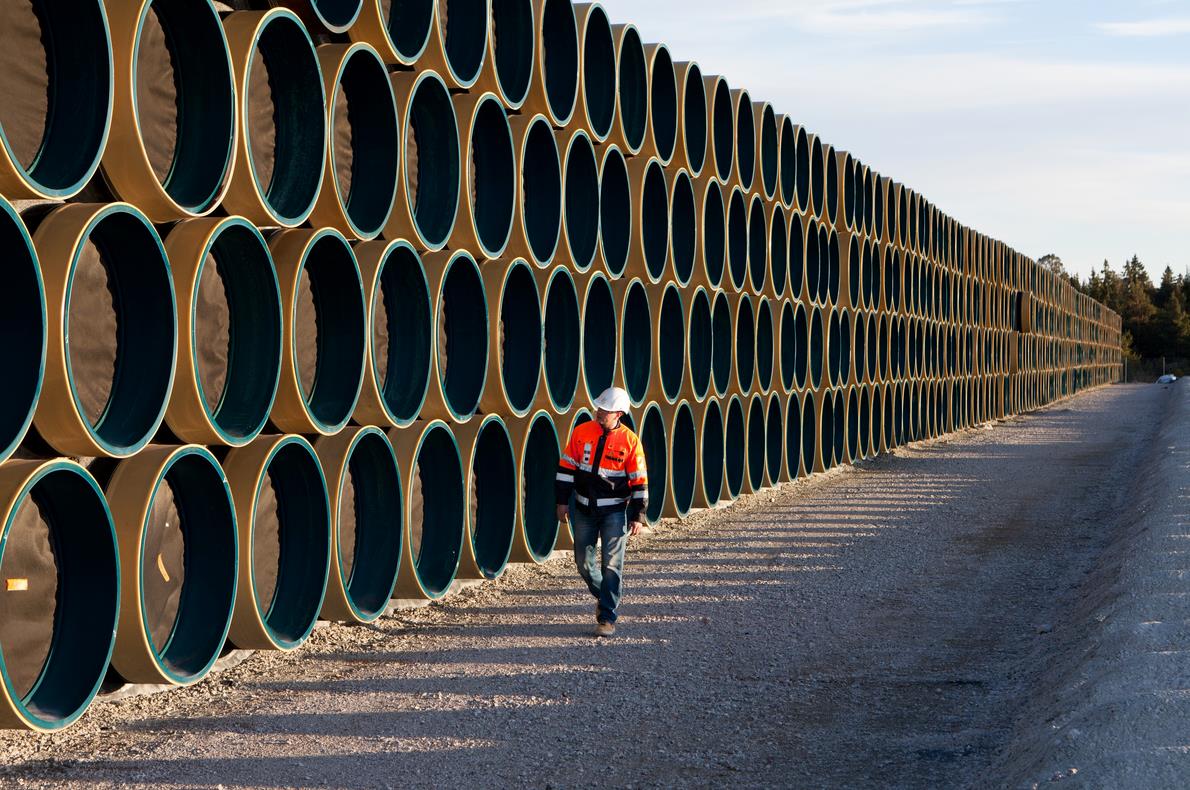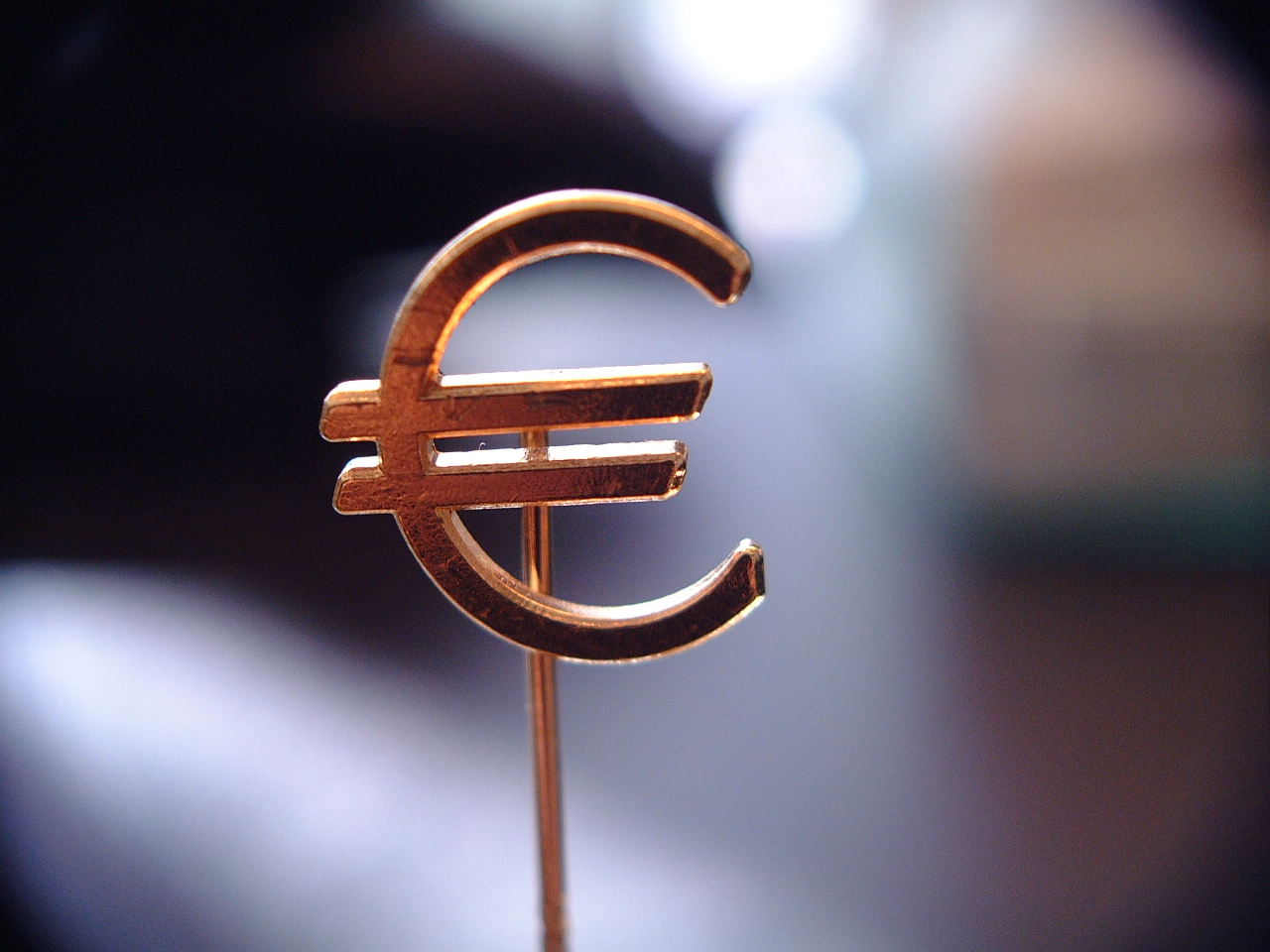
(Photo taken from offshoreenergytoday.com)
In the last years, building the external dimension of EU’s energy policy has been one of the Union’s important and manifested aims. The issue was designated by the European Commission as a goal of EU’s energy policy since 2006, through the “Green Paper Energy Strategy”, which emphasizes the need of setting up the EU’s external energy policy. This necessity was further underlined by the “Energy 2020 Strategy” (2010) and “EU Energy Policy” (2011). These documents call, among other measures, for the establishment of partnerships with supplier countries, in order to secure Europe’s energy supplies.
In this regard, in 2006, the EU and Azerbaijan set up a strategic energy partnership, aimed at securing the oil and gas supplies from Azerbaijan and the Caspian region to the European markets. Actually, this partnership precedes and most likely inspired the creation of the Southern Corridor, initiated three years later, in 2009.
The “European Energy Security Strategy” (2014) emphasizes the necessity of guaranteeing EU’s security of supply in the context of Europe’s energy dependence on Russia. At the same time, the external dimension of EU’s energy policy is approached in a more upgraded manner, as it seeks the comprehensive use of foreign policy tools to back the external energy policy’s goals. The “Energy Union Package”, issued this year, indicates EU’s intention to use foreign policy instruments to develop its external energy policy through different actions such as: establishment of strategic energy partnerships with Algeria, Turkey and other suppliers of Middle East and Africa; upgrade of the existing partnerships with Norway, United States, Canada and Ukraine; particular attention paid to the energy issues in trade agreements; raise of EU’s influence within the global energy governance system.
Since the launch of Energy Union, the Commission has undertaken several initiatives in this regard. The recent outcomes of EU’s actions falling into the energy diplomacy’s sphere are the energy dialogues set up with Turkey (March 17, 2015), Algeria (May 5, 2015) and the “Ashgabat Declaration” on the energy cooperation between Turkmenistan, Azerbaijan, Turkey and the EU (May 1, 2015). The latter aimed at preparing the framework of supplying the Turkmen gas to Europe, which would contribute to the Southern Corridor’s development and further enhance the EU’s energy security. The setting up of the Euro-Mediterranean gas platform (May 11, 2015) is also a result of the endeavors undertaken in the energy diplomacy’s field.
Though of critical importance, the energy security is only one of the other closely-related dimensions of the Energy Union; the other dimensions are: completion of the fully-connected internal energy market, increase of energy efficiency, decarbonisation of economy and development of research, innovation and competitiveness. In this regard, EU is stepping up its energy diplomacy actions to achieve cooperation for reaching the goals of the COP21 Conference in Paris in December 2015.
Implementing the all five dimensions of the Energy Union would require a governance system based not only on better coordination of the Members States’ energy policies but also on regional cooperation among them. In this regard, the EU’s energy ministers have recently asked the Commission to rapidly present a framework of Energy Union’s governance system, which will be discussed by the European Council in December 2015.
Nevertheless, achieving and implementing the Energy Union’s governance system may be a challenging, even complicated task, as the energy policy-as a shared competence between the Member States and the EU-has a strong intergovernmental dimension. Harmonizing the Member States’ national interests in the energy field, putting them into the framework of Energy Union’s governance system and overcoming the challenges of implementing the all dimensions of the Energy Union would require complex and multi-level negotiations. In other words, it would require diplomatic efforts. Therefore, the energy diplomacy-though in a meaning which goes beyond its classical one- may play a role not only in strengthening EU’s external energy policy, but in boosting the Energy Union as well.
That is why the Commissioner Maros Sefcovic launched the Energy Union Tour to embark on intensive dialogues with Member States’ governments, national parliaments, business’ and civil society’s representatives. Started in Netherlands on May 20, 2015, the Energy Union Tour has stopped so far in Czech Republic, Latvia, Slovakia and Luxembourg. Before the summer break, its next destinations will be Hungary, Denmark, Germany, Sweden, Portugal, Slovenia, Croatia and the UK. The findings of this tour will be included in the first State of the Energy Union report to be presented to the European Parliament and Council later this year and which, very likely, would represent the base for further negotiations. Probably, the energy diplomacy would not stop at the end of the Energy Union Tour and would also play its part beyond it.



